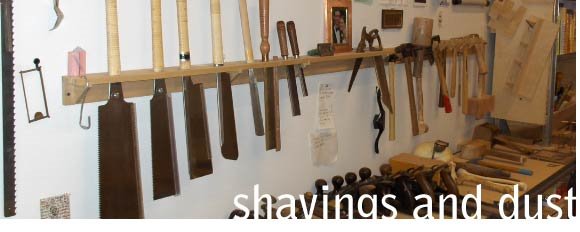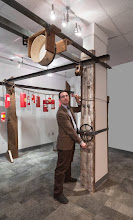Our brief conversation this morning in the café has stuck in my mind, and since talking about things is how I get them out of my mind and into the world I thought I would give this to y’all and see what you have to say. You asked me how I know all of the seemingly unconnected little factoids that I know, and though it was probably asked rhetorically, I have been thinking about my answer, and it is a simple one: Knowledge is power.
Not “power” like in a He-Man “By the power of Grayskull I have the power” kind of way where your clothes disappear and you become a hilariously over-muscled super hero in a fur loincloth (fur? Really? Always seemed like a strange choice to me), more like the power to make one’s own choices and to make a positive difference in the world. Think about it.
The group that wields the sacred knowledge is always the group that runs things. In early civilisations this was the shaman or priest or whatever group member stood in in that capacity, the person that held the secrets to the power of the god or gods of the day. These were the decision makers, the rich and powerful, the people who made the rules and (for the most part) had all the money and the good stuff to eat.
Then there are the people who hold the military knowledge, about how best to kill the most people. These are often people who are in control in a culture. It is no accident that the U.S. President is the “Commander in Chief” of the armed forces. He (Hasn’t been a She yet, but I have faith. One day, one day.) is in control in part because he has the knowledge necessary to control the most powerful army in the world. General Mao. Saddam Hussein.
Then there are the more insidious kinds of knowledge that put the holder into powerful positions: How to steal legally (as the major banks did, causing the Recession we are currently enjoying), how to lie legally (as, for example, the corn syrup commercials who say that it is all-natural and good for you), how to disenfranchise legally (as in the misogynistic Superbowl commercials that got me all pissed off that I was railing about in Materials class until I realised you were all just looking at me in that way you do when you are just waiting for me to shut up and get on with it). These are bodies of knowledge that are pretty opaque to the average person, but knowing how to wield them lands one in a pretty sweet position.
So in a culture that has spent so much time and energy trying to breed people not to question, not to think for themselves, not to seek knowledge for the sake of knowledge, the most empowering thing I can think of to do is gather as much knowledge as possible, and to disseminate it to as many people as possible. And then to encourage them to do the same. U. Utah Phillips says “the histories we are given in schools is not the history of MY people. It is the history of the rich, the powerful, the greedy. The only way we can get a TRUE history of our people is to listen to our elders, and to pass on their stories.”
So how is the history of the Hudnoshonee people relevant to Interior Design? Because it is all connected. It has to be. Every choice that we make is made in reaction to what we know. Either what we know through experience, or through reading that we have done, or through stories that we have been told. The more things we know, the farther reaching our design work (and our lives in general) have the capacity to be. And the greater chance we have to make a positive difference in the world, to “play our part,” as Shakespeare says, and then exit the stage.
I have always delighted in knowing things. Any things. It is all relevant. And the best tools you have as a designer are your eyes, to see instead of just looking; your ears, to listen instead of just hearing; and your brain to synthesize it all. You short yourself as a designer and as a person and your society in general, if you do not use all three, all the time, in a thoughtful way.
Wow, this got longer than I intended. And I am not even through. We will have to continue this another time. Have a good weekend. For a gold star, bring me an extremely obscure fact on Tuesday and relate it to your project.
Zeke
postscript: Every time someone calls me “Geek” (which as I told Kennedy this afternoon has long since stopped bothering me as it has been happening since before you were born), I think of someone like this:
Geek
Look up “geek” and you’ll see what I mean.
z


No comments:
Post a Comment